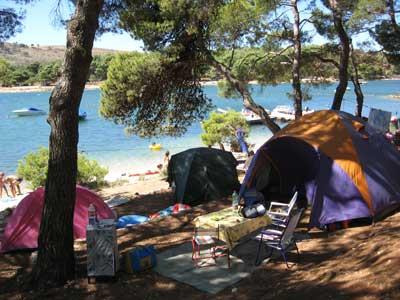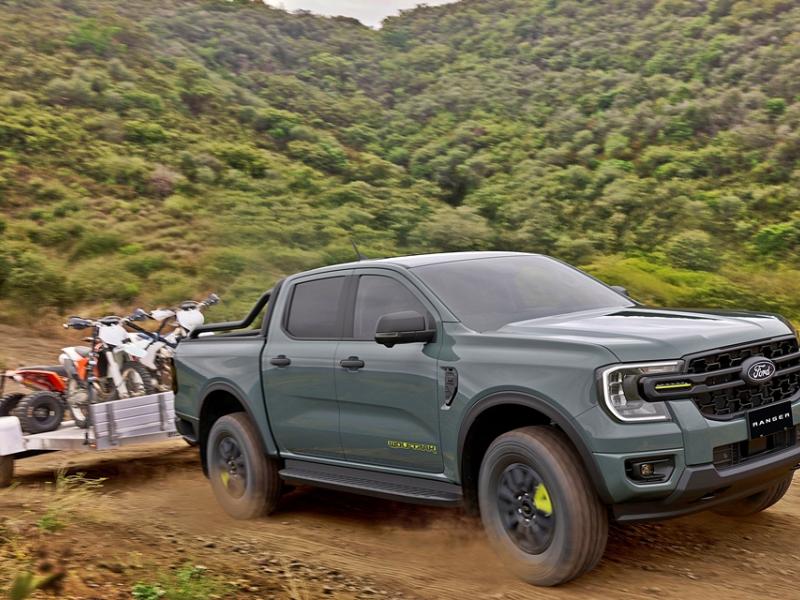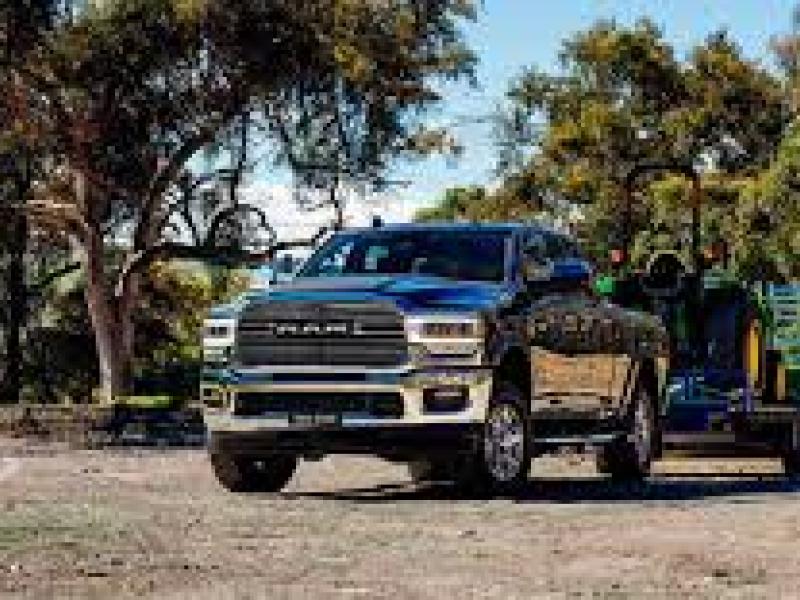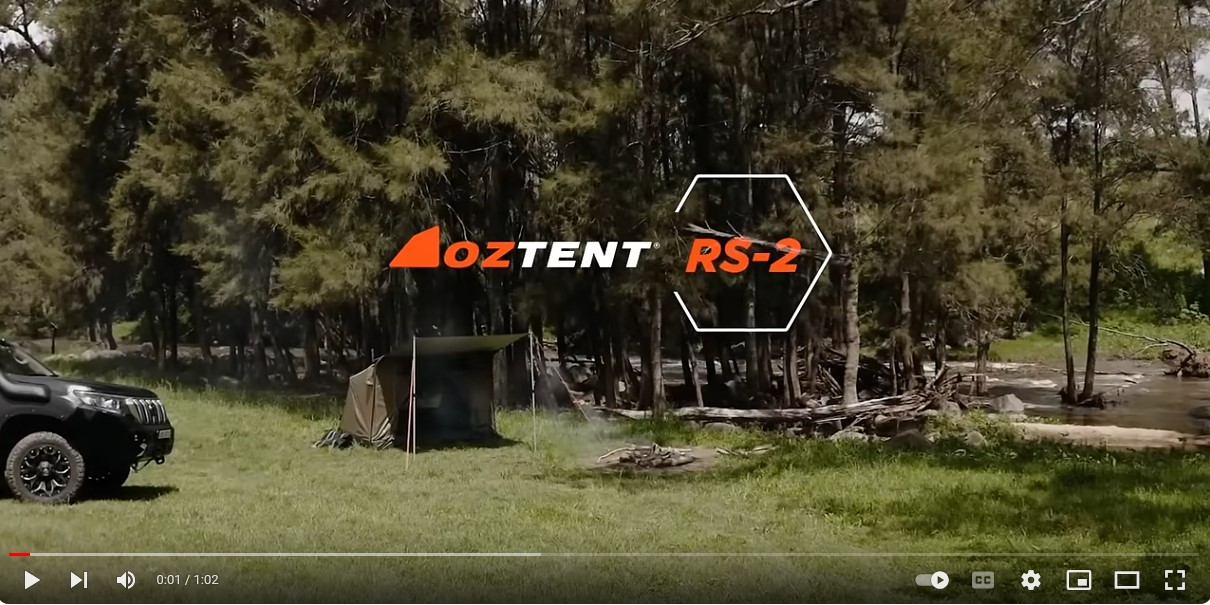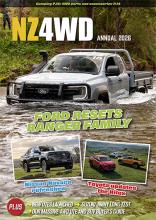Research where you’re going
You should never just choose a camp ground from a directory and head out without first doing some research. Common sense dictates that you should look into several different camp grounds before choosing one that suits your needs.
Newbie campers should always remain fairly close to civilisation and should choose camp grounds that offer someone who watches over the property, so that if you have an emergency – or just forget something - help will be nearby.
Book in advance
There’s nothing worse than arriving at the chosen camp ground and finding out that there isn't any space available – and of course this always happens when you arrive just as the sun goes down!
So always make reservations on the Internet or by phone. Ask about cancellation policies and whether refunds are given if space isn't available. Leave your phone number so you can be contacted if there are any changes, and always request a confirmation number to provide when you arrive at the camp ground.
Test your gear
One of the biggest camping mistakes I made was to borrow a tent then to go straight to the campsite without testing it. There was nothing wrong with it (thank goodness) but with only two small kids to help it was bloody hard trying to erect it from scratch, especially as the sun went down.
We succeeded, but common sense says we should have tried it out at home first. Other tips: make sure you have enough lanterns by trying them in your back yard at night, and take a nap in your sleeping bag to make sure it is comfortable. The most important thing, however, is to practice pitching your tent in the backyard and to practice taking it down and stowing it away.
Get your bearings
First up, make sure you arrive before dark (see above), with enough time to set up your camp AND to explore your surroundings. Find out where ablution facilities are, look for neighbouring campers, and seek out rubbish receptacles. Knowing the proximity of all of these things will help you find them when it gets dark, and will ensure you have everything you need. You should also look for raised tree roots and logs that might cause you to trip as you make your way toward the toilets in the dead of night.
Pitching your tent
Where you pitch your tent is almost as important as choosing a camp site. Best place is on the highest ground at the camp ground, and should be erected sufficiently far away from a fire that sparks can't reach it. The ground should also be reasonably level with nothing sharp or knobbly that might disrupt your sleep.
Looking after food
Store your food in sealed containers, and don’t eat inside your tent so bugs and small animals don't try to eat holes in the tent to scavenge for leftover crumbs. If you have a cooler or other large container, don't fall asleep without securing it with a heavy rock or branch to keep larger animals out. You should also pay attention to fire alerts in your area to make sure that you're following the law.
Weather watch
Unless you’re a camping veteran, never set up camp when bad weather is on the way. Watch the weather channel and tune in to your radio on the way to the camp site so you know if storms are brewing. Better to cancel your trip than to spoil your camping experience because you’re soaked, cold, miserable – even scared. That experience might put you (or your loved ones) off camping forever.
Fire-wise
There’s hardly anything better than sitting around a camp fire – but with it comes a great deal of responsibility. Keep a bucket of water nearby in case the fire gets out of control, and never leave a camp fire unattended. Your camp fire should be reasonably small, and make sure to keep children and animals away from the flames.
Keep it pristine
When you are ready to leave, make sure the camp fire has been properly extinguished and that you've disposed of any trash in the proper receptacles. If there aren’t any, take your rubbish home – don’t bury it!
If your tent or sleeping bags are wet, wait until they are dry or store them in plastic bags. When you get home, be sure to spread everything out to dry before packing it away to avoid mould and mildew.
10 common sense camping tips
News and General
Wednesday, 17 October 2012


